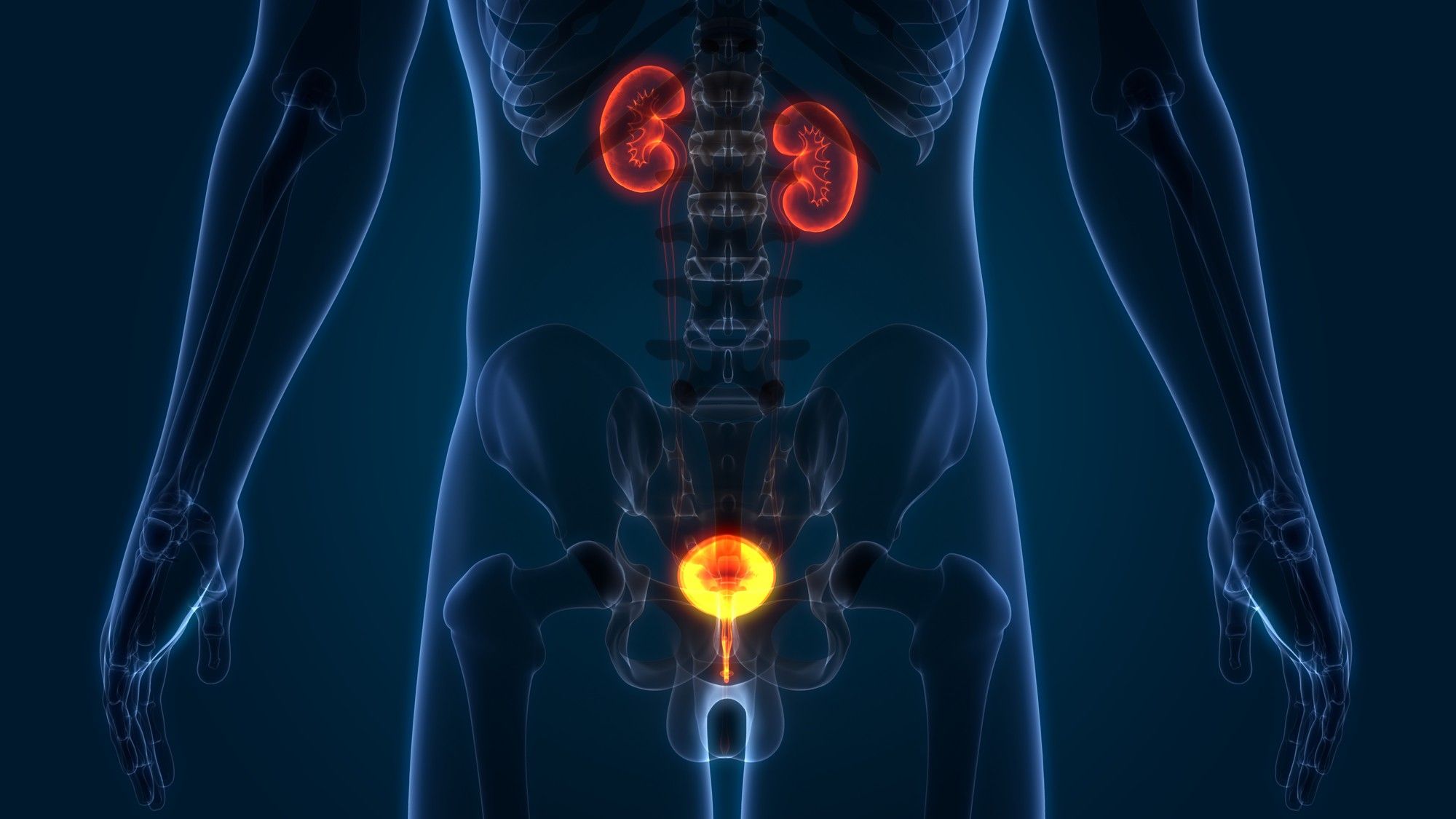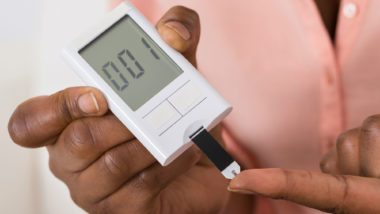Top Class Actions’s website and social media posts use affiliate links. If you make a purchase using such links, we may receive a commission, but it will not result in any additional charges to you. Please review our Affiliate Link Disclosure for more information.
Concerns over what may make Actos dangerous have been raised over the past several years stemming from reports of serious side effects and complications. While the medication may benefit some patients with type-2 diabetes, it can present risks for others.
What Is Actos?
Actos (pioglitazone) is an orally administered medication used for lowering blood sugar levels. It is often prescribed in combination with other drugs, such as metformin, or in conjunction with insulin therapy. Along with a similar prescription drug, Avandia (rosiglitazone), Actos is part of a class of medications known as thiazolidinediones, or TZDs, also called glitazone drugs.
How Does Actos Work?
Actos helps control the production of glucose in the liver as well as muscle and fat. This reduces insulin resistance by lowering the production of glucose in the liver, thus reducing blood sugar levels.
How Is Actos Dangerous?
Actos as been associated with numerous side effects, the most serious of which is an elevated risk of bladder cancer. According to a 10-year study begun in 2002, the risk of developing bladder cancer increases with the length of time and amount the drug is taken.
Another potentially deadly side effect of all TZD drugs is the risk of congestive heart failure. For this reason, Actos is contraindicated (not recommended) for patients with a history of any of the following:
- hypertension (high blood pressure)
- coronary artery disease
- heart attack
- arrhythmia (irregular heartbeat)
Other side effects that have been linked to Actos include anemia (iron deficiency), weight gain, sinus and upper respiratory infections, headaches, muscle pain (myalgia) and dental decay. A less common risk that can make Actos dangerous is drug-induced cholestasis, an inflammation of the liver that blocks the flow of bile. Patients who experience this side effect typically see the condition clear up once they discontinue taking Actos.
 How Do I Know if I Am at Risk?
How Do I Know if I Am at Risk?
Signs of bladder cancer include:
- blood in the urine
- dark colored urine
- painful urination
- frequent or urgent urination
- incontinence
- lower back or abdominal pain
Signs of impending heart failure include:
- shortness of breath
- sudden weight gain
- swelling of the lower extremities
- internal fluid accumulation (edema)
If you experience any of the symptoms listed above while taking Actos, you should contact your doctor immediately.
What Side Effects Are Most Serious with Actos?
Some of the most recently-mentioned issues with regard to Actos have to do with the possibility of bladder cancer, but those are not the only risks that a person taking this medication will face.
Research has shown that the drug class into which Actos falls is well-known for worsening or causing congestive heart failure. Any person who already has suffered from heart failure or has any of the risk factors for such a condition should discuss these potential dangers with their doctor.
These risk factors include coronary artery disease, irregular heartbeats, previous heart attacks, and high blood pressure.
Patients might suffer from heart problems, bladder cancer, or both as a result of taking Actos. Some studies have already shown that the risk of developing bladder cancer has been linked to patients using this medication over a long period of time. Future studies may reveal more details about this connection, but anyone with a history of bladder cancer should use extreme caution when it comes to taking this drug as part of a diabetes management program.
For some patients, the diagnosis of a condition might come many years after they first started taking Actos. For that reason, they might not immediately identify Actos as the underlying cause of the condition. Discuss this possibility with your doctor if you have been recently diagnosed with cancer of the bladder and are concerned about Actos dangerous risk factors.
If Actos Is Dangerous, Why Is It Still on the Market?
Actos has been withdrawn in France and Germany due to bladder cancer concerns. In the U.S., the Food and Drug Administration has required a boxed warning on Actos packaging warning of the risk for bladder cancer and heart problems. However, a number of doctors believe that, at least for older patients, the benefits of Actos outweigh its potential risks. Careful monitoring is recommended.
Are There Alternatives to Actos?
If you have concerns about Actos, your doctor may be able to recommend different medications for controlling your condition. Keep in mind that other medications may also have side effects.
If you or a loved one took Actos and developed bladder cancer, you may qualify to file an Actos lawsuit and for an Actos settlement. Join this Actos lawsuit investigation by filling out the FREE form on this page.
ATTORNEY ADVERTISING
Top Class Actions is a Proud Member of the American Bar Association
LEGAL INFORMATION IS NOT LEGAL ADVICE
Top Class Actions Legal Statement
©2008 – 2024 Top Class Actions® LLC
Various Trademarks held by their respective owners
This website is not intended for viewing or usage by European Union citizens.
Get Help – It’s Free
Join a Free Actos Lawsuit Investigation
If you qualify, an attorney will contact you to discuss the details of your potential case at no charge to you.
PLEASE NOTE: If you want to participate in this investigation, it is imperative that you reply to the law firm if they call or email you. Failing to do so may result in you not getting signed up as a client or getting you dropped as a client.
Oops! We could not locate your form.


 How Do I Know if I Am at Risk?
How Do I Know if I Am at Risk?










